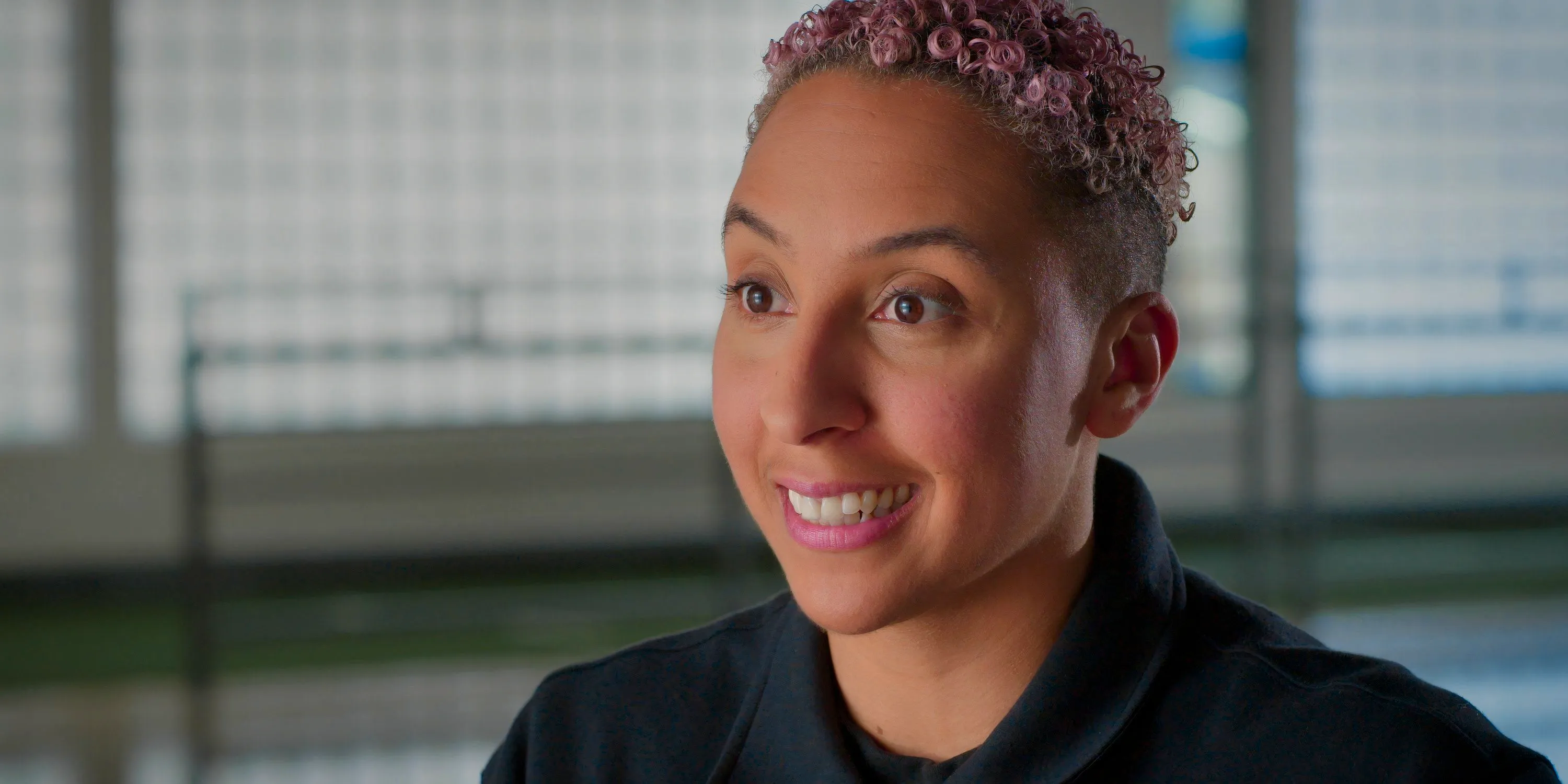An aspirational documentary highlighting 27 years of WNBA activity, Power of the Dream is
It most reminds Porter's award-winning Trapped given the ambitious scale of the documentary, which had to highlight significant events in the league's past and emphasize that activism was always a part of the WNBA's fabric. With its focus on the last abortion clinic in Mississippi, the 2016 documentary has a similarly broad reach. But with both Trapped and Power of the Dream, Porter can highlight a particular present case and illustrate a whole history.
To create the documentary, Porter's Trilogy Films teamed with a number of other organizations including TO GETHXR, a media firm started by Alex Morgan, Chloe Kim, Simone Manuel, and 4-time WNBA champion Sue Bird. Bird notes in the documentary that female athletes are rated based on everything but the game they are participating in. "It's never been simply about basketball."
Dream Power: A Must-See for WNBA Fans
Power of the Dream, fresh off a world premiere at the 2024 Tribeca Festival, will land on Prime Video on June 18, making filmmaker and producer Dawn Porter's most recent documentary easily available to viewers. And, media accessibility is absolutely vital, as any long-time WNBA fan (or player) will confirm. Like exhilarating basketball games, strong stories are meant to be seen. Though it seems cliched, Power of the Dream is worth seeing for everyone, not only sports lovers.
Porter (Gideon's Army, John Lewis: Good Trouble) brings to the fairly ambitious Power of the Dream her great sense of storytelling, best known for directing and producing documentaries on revolutionary activists, passed-over chapters in history, and little-known heroes. Fundamentally, the Sports Documentary tells the inspiring tale of how professional women's basketball players used their WNBA platform to mobilize behind now-Senator Raphael Warnock — and target former Atlanta Dream co-owner and former Senator Kelly Loeffler.
Power of the Dream Spotlights WNBA Long-Held Clarity of Purpose
As seen by the WNBA's 2020 season commitment to #SayHerName, Black Lives Matter, and Breonna Taylor, the W's players not only know their unique position to promote change but also are quite cognizant of the work that needs to be done to make genuine change happen. Full WNBA teams, like the Maya Moore-led Minnesota Lynx, were risking their careers to support the Black Lives Matter movement and protest police violence and the murders of Black men like Alton Sterling and Philando Castile before Colin Kaepernick knelt.
It was a momentous event, as Hill notes, and some still find it difficult to acknowledge the WNBA's regular advocacy. Sports agent Lindsay Kagawa Colas notes, considering the Black women, LGBT athletes, and genderfluid people in the league, "each one of those players wakes up every day and is inherently political." Given the social scene at large, WNBA players find that their identity, athletics, and political involvement cannot be separated.
It Works So Well Since These [Interviewed] Athlete-Activists Also Lead the Charge in Archival Video.
Although the WNBA's league-wide mobilizing around Warnock's election marks the end of the players' almost three decades of advocacy, that narrative represents only a tiny fragment of what makes Power of the Dream both current and appealing. Interspersed with insight from sports reporters and analysts Jemelle Hill and Holly Rowe, Power of the Dream offers some of the league's most influential change agents another chance to voice opinions.
It works so nicely as these athlete-activists—such as WNBA champion Nneka Ogwumike, the President of the WNBA Players Association—are also the ones spearheading the archive footage campaign. The documentary also makes a strong case for a whole movie focused on the inspirational yet incredibly modest Ogwumike, who has turned the fervor of other players for equal rights, fair pay, and social justice into historical change.
Tasked with providing a brief history of the W, Power of the Dream is
Power of the Dream also has to provide a quick overview of the W, which this season is 27-year-old. Established in 1996, the NBA-backed league was meant to profit from the women's basketball frenzy sweeping the country in response to both the USA's gold medal triumph at the 1996 Summer Olympics in Atlanta, Georgia and the UConn women's team winning their first NCAA title in 1995.
[The documentary] must highlight significant events in the history of the league and emphasize once more that activism has always been woven into WNBA operations.



